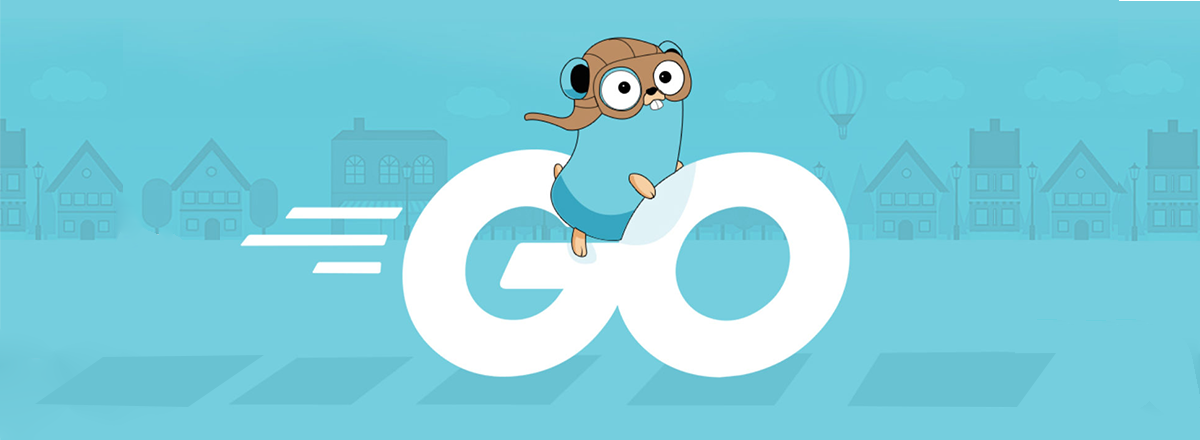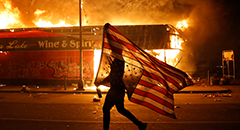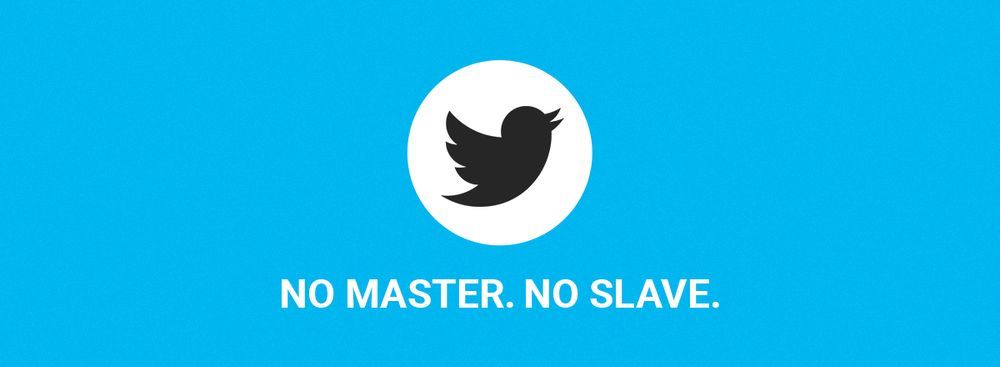Twitter announced an internal effort to remove old coding terms like “master” and “slave” and replace them with more inclusive alternatives, which was, among other things, inspired and boosted by the Black Lives Matter movements.
We’re starting with a set of words we want to move away from using in favor of more inclusive language, such as: pic.twitter.com/6SMGd9celn
— Twitter Engineering (@TwitterEng) July 2, 2020
The social media giant published a set of worlds that will now be considered offensive and will be moved away and provided more acceptable terms for replacement. The list includes replacing “master/slave” with “leader/follower,” “whitelist” with “allowlist,” and “grandfathered” with “legacy status.”
In programming terms, “master” means the code’s main version that controls the replicas, or “slaves.” “Blacklist” describes automatically denied items like forbidden websites.
The statement also says that non-inclusive terms that originated decades ago were outdated and did not reflect the company’s current values.
Twitter engineers have been working on incorporating inclusive language into the programming code and the company since January this year. Originally, the effort was initiated by two Twitter engineers, Kevin Oliver and Regynald Augustin. Augustin is also one of the organizers of the “It Is What It Is” project that helped raise over $200,000 in charity to support the Black trans people and the Black Lives Matter movement.
Words matter. We want @TwitterEng to reflect our values & support our journey to become more inclusive. We are committed to adopting inclusive language in our code, configuration, documentation and beyond thanks to the principles & framework @negroprogrammer @kevino put together. https://t.co/oiJmmlRoKd
— Michael Montano (@michaelmontano) July 2, 2020
Twitter’s move follows joint efforts of many other tech companies to change an old yet still functioning programming language and its terms in favor of more diverse and inclusive terminology.
For example, in June, GitHub announced that it would replace “master” and “slave” with neutral terms. Other developers are also working on removing references to slavery from the programming community. US bank JP Morgan said it is also abandoning outdated terminology. Google’s Chromium project and Android OS, along with LinkedIn divisions, encouraged developers to stop using racist terms as well. Back in 2014, the Drupal project also began replacing “master” and “slave” terms with “primary” and “replica.”

“This isn’t just about eng terms or code. Words matter in our meetings, our conversations, and the documents we write. We know there’s still a lot of work to do, but we’re committed to doing our part. #UntilWeAllBelong,” said Twitter’s engineering division.
The Black Lives Matter movement and protests against police brutality caused by the death of George Floyd boosted the terminology change at Twitter. "Everything that's happened recently has made awareness spread blisteringly fast around the company," Augustin said.















